Gender equality: Swiss fall out of WEF top ten
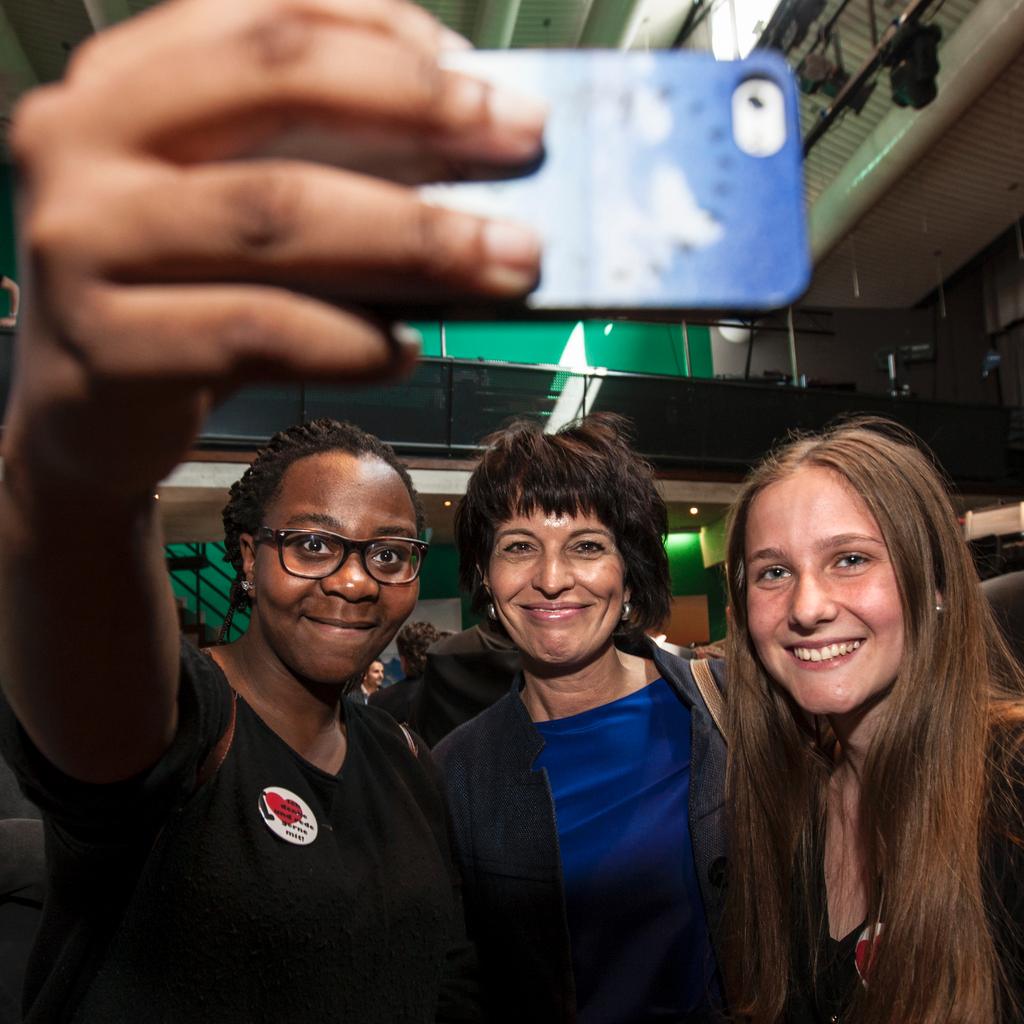
Switzerland has dropped two positions to 11th in the Global Gender Gap Report 2014, published by the Geneva-based World Economic Forum (WEF). This was due to making slower progress than other countries, in particular those in Scandinavia.
The annual indexExternal link, first published in 2006 (when Switzerland came 26th), was led by Iceland, Finland, Norway, Sweden and Denmark. These were followed by Nicaragua, Rwanda (the only country in the world with more women in parliament than men), Ireland, the Philippines and Belgium.
The United States came 20th, Britain 26th and Italy 69th. Yemen once again propped up the 142-country list.
The Global Gender Gap Index aims to measure the relative gaps between women and men across four areas: health, education, economy and politics.
Compared with 2006, Switzerland has a worse ranking on the “health and survival” sub-index due to a decrease in the healthy life expectancy female-to-male ratio. This year Switzerland came 70th. Top position was shared by several countries including Burundi, Cambodia, France, Mexico and Zimbabwe.
Regarding educational attainment – measured as the gap between women’s and men’s current access to education in primary, secondary and tertiary education – Switzerland dropped from 66 to 72. Top place was shared by several countries including Botswana, Finland, Malta and Lesotho.
Progress
However, Switzerland improved on the other sub-indexes. It came 23rd on the “economic participation and opportunity” sub-index (topped by Burundi) behind countries including Mongolia, Moldova and Barbados, and 16th on the “political empowerment” sub-index (topped by Iceland) behind Scandinavian countries, Rwanda and South Africa among others.
This year, Switzerland was among the top ten performers on the “women in ministerial positions” indicator. It came tenth, just behind Peru.
Switzerland was the fourth-highest country on the percentage of female part-time employment compared with total female employment (45.6%), after the Netherlands, Georgia and Albania. Of the 37 countries covered on this indicator, Switzerland was among the five countries with the highest mean age of women at the birth of the first child (30 years old).
However, there is room for improvement when it comes to labour force participation – Switzerland came 41st and was beaten by countries including Malawi (1st), Madagascar, Zimbabwe, Kazakhstan and Belarus.
As WEF founder and chairman Klaus Schwab concluded in his introduction to this year’s report, “good progress has been made over the last years on gender equality, and in some cases, in a relatively short time. Yet we are far from achieving equality of opportunity or equality of outcomes”.
Global Gender Gap Index ranking
There are three basic concepts underlying the Global Gender Gap Index, forming the basis of the choice of indicators, how the data is treated and the scale used.
First, it focuses on measuring gaps rather than levels.
Second, it captures gaps in outcome variables rather than gaps in input variables.
Third, it ranks countries according to gender equality rather than women’s empowerment.
(Source: Global Gender Gap Report)

In compliance with the JTI standards
More: SWI swissinfo.ch certified by the Journalism Trust Initiative
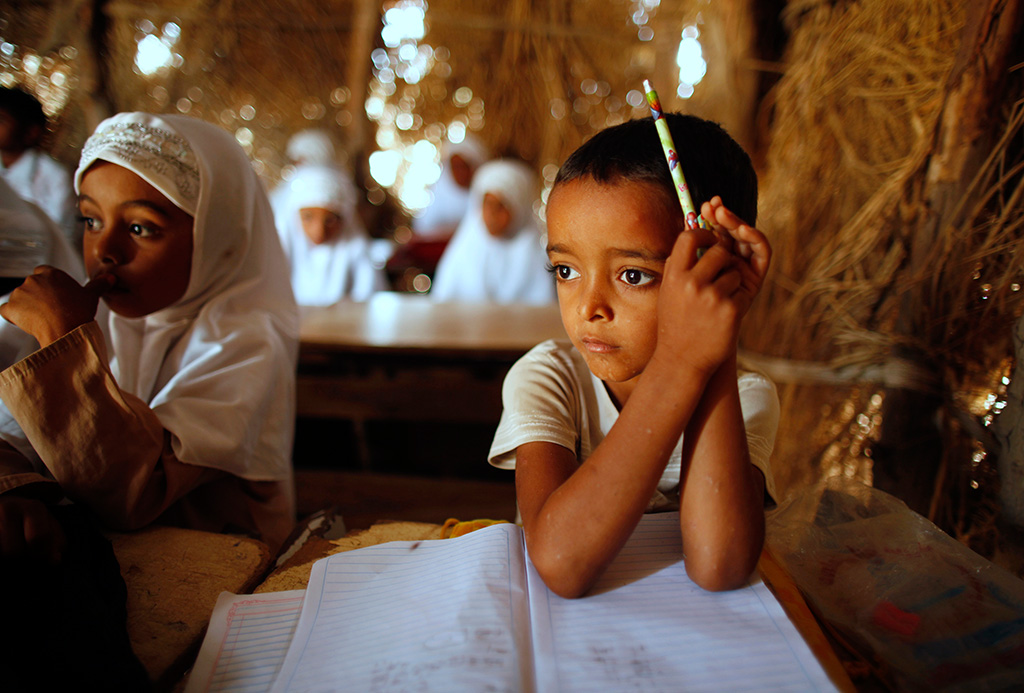
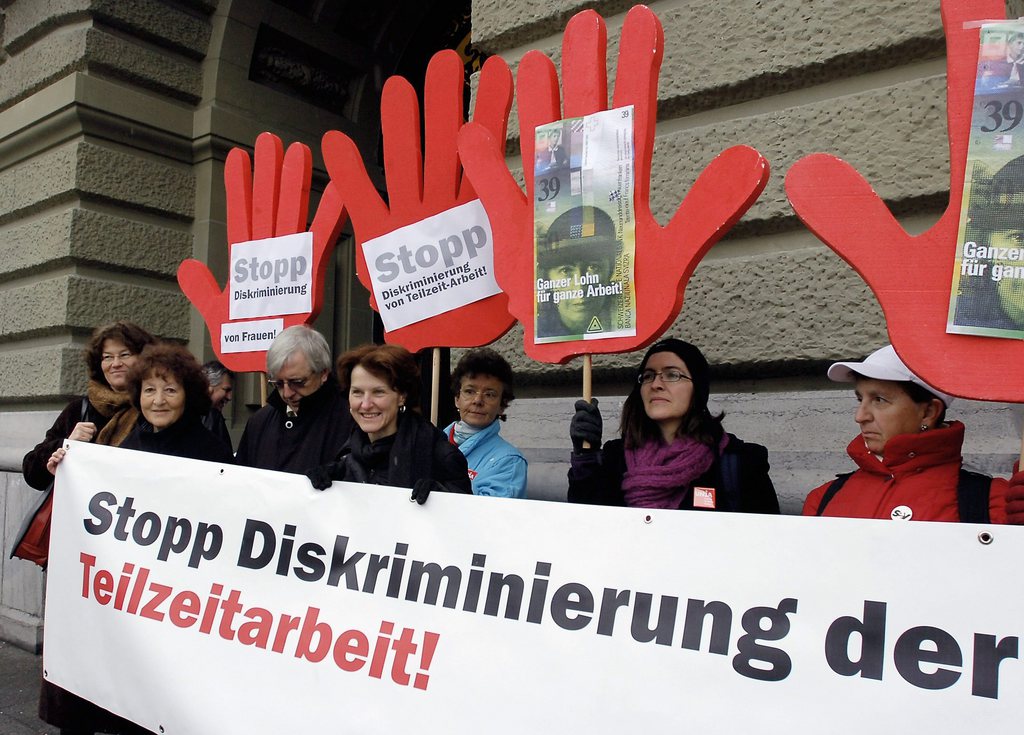
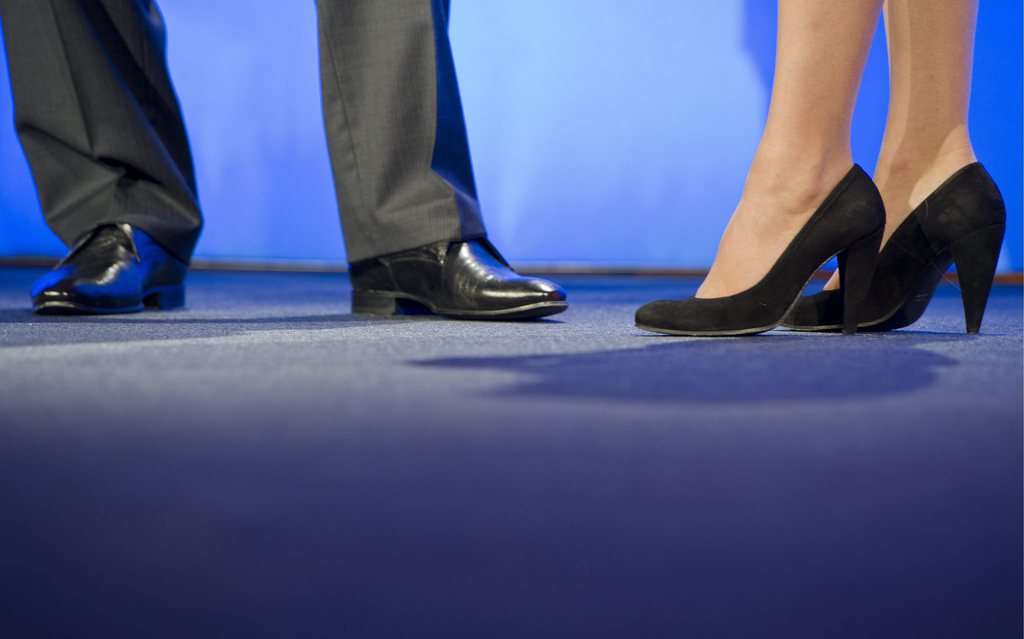
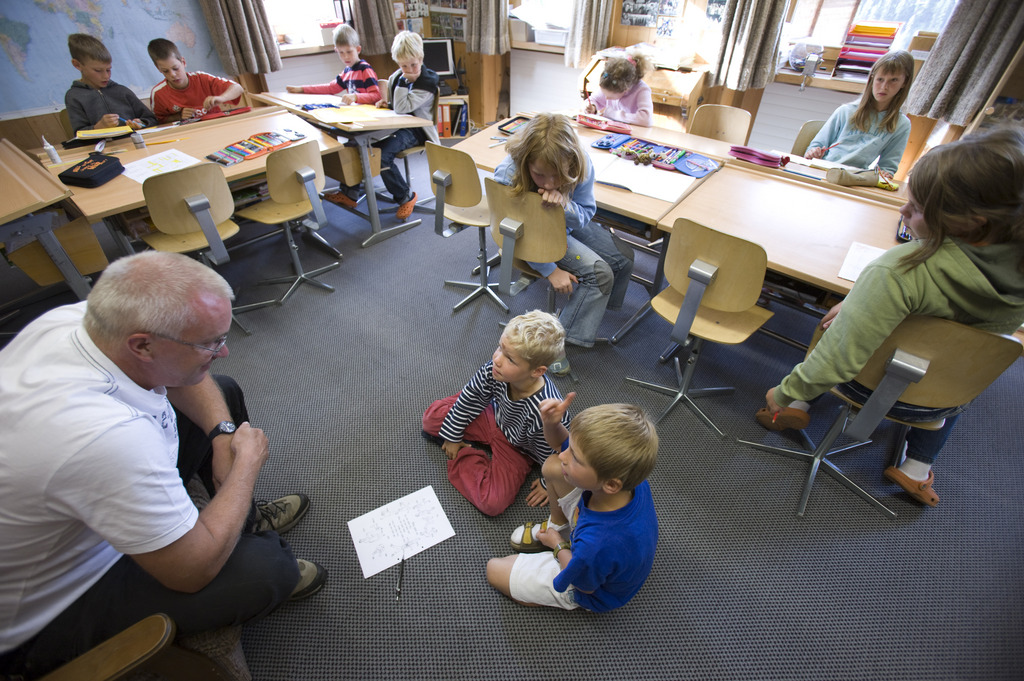
You can find an overview of ongoing debates with our journalists here. Please join us!
If you want to start a conversation about a topic raised in this article or want to report factual errors, email us at english@swissinfo.ch.